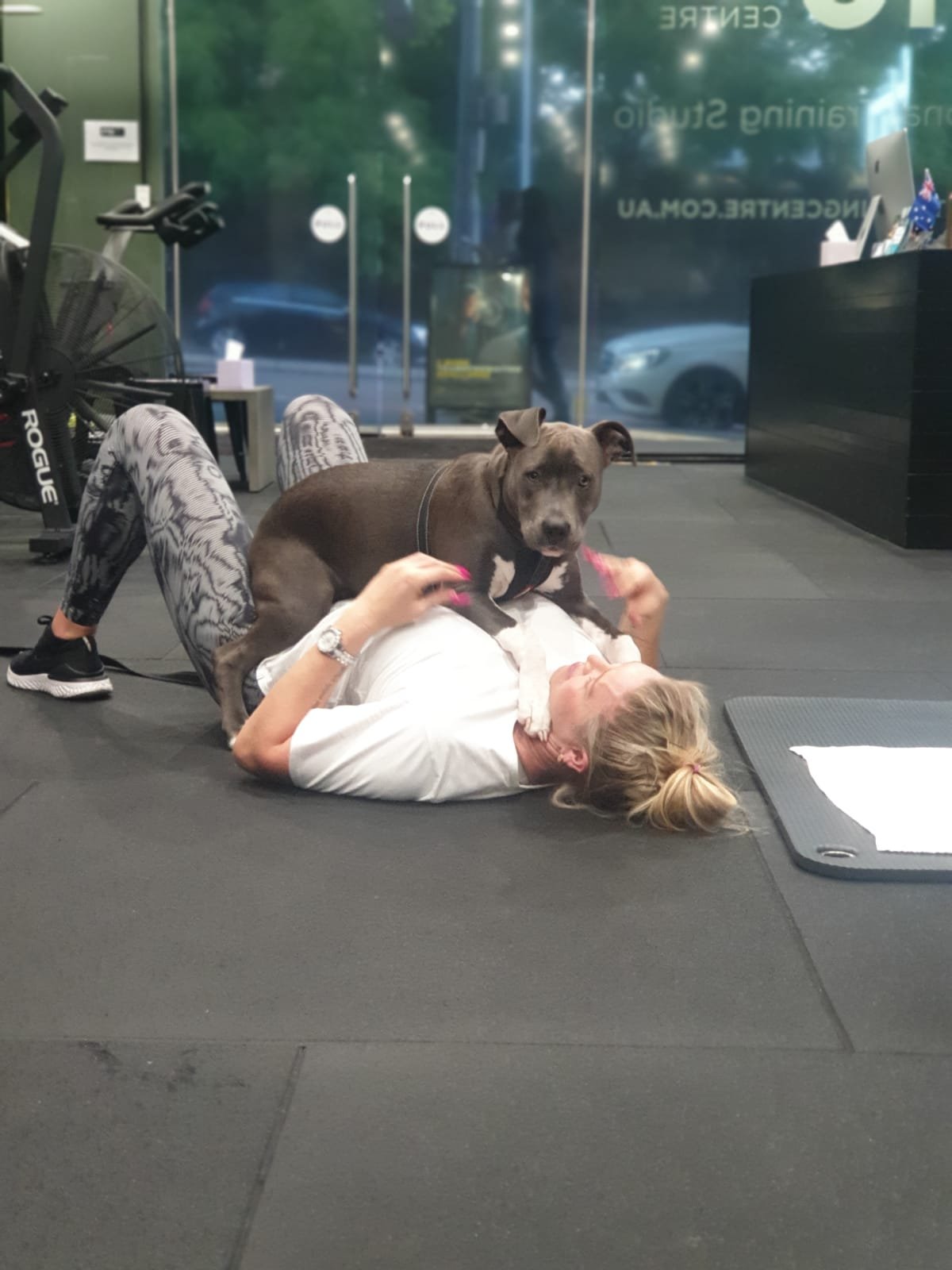
Neurotyping
I became a certified Nuerotyping Specialist after I realised the impact and influence our personality and brain chemistry have on our ability to successfully lose weight and achieve permanent results.


What is Neurotyping and How Does it Help with Weight Loss and Optimising You
Your Neurotype (or personality type) gives us insight into the best training, nutrition, and lifestyle approach that will yield the highest level of consistency and ultimately the most sustainable results for you, as an individual.
The Neurotyping system is based on the principle that your brain chemistry influences your training preferences as well as how you will react to various training parameters like volume, intensity, frequency, variation, exercise selection, rest intervals, etc.
And since what we eat also has an impact on the various neurotransmitter levels, it stands to reason that there will be an optimal way to eat depending on your brain chemistry: the ideal eating pattern, food selection, and macronutrient ratios will vary depending on your specific Neurotype.

The Neurological Profiles
TYPE 1A -
are extremely confident, competitive, impatient, need to be the best, and have very little empathy/don’t care much about others.
TYPE 1B -
is also very confident and competitive but have more empathy and people skills. They are still impatient and need things to keep moving but more easily adapt their behaviour to various situations. They also tend to have the most motor skills and are naturally explosive.
TYPE 2A -
is the most adaptable neurotype. They are great at changing their personality to fit any situation or person. They have lower self-esteem and need others to like/respect them to feel good about themselves. Because of that, they are empathetic and good at reading people.
TYPE 2B -
are the most emotional and empathetic. They have lower self-esteem and tend to take everything personally. They love to help people out and just like the 2As they are pretty darn good at reading people.
TYPE 3 -
is the pragmatic type. They are thinkers, often over-thinkers. They prefer to stick to things they know and function better when following a plan. They tend to be more introverted and don’t seek out new social connections. While they don’t have the need to boss people around, a lot of type 3 hold positions of authority because they get things done, is great at creating a structure and often like to be in charge to make sure that nothing goes wrong.
Everyone is searching for the ‘best’ diet and training plan to achieve weight loss. The answer to that question is – the one you can adhere to, be consistent with, and makes you feel your best.
We know that neurotransmitters play an important role in behaviour, mood, motivation, sense of well-being, performance, anxiety, fear, and drive, so it makes sense that we should consider our neurotransmitter composition when determining the best nutritional approach.
This will have a profound influence on the ability to adhere to a diet and see results. Yes, calories do matter. However, the best diet in the world doesn’t mean much if you can’t stick to it.
If you feel better, are naturally more motivated, and work with your nature and brain chemistry, it’s much easier to be consistent. Most Neurotyping philosophies just focus on physiology. It’s important not to ignore psychology! They go hand in hand and having a grasp on both will help you make the best decisions for your nutrition and lifestyle plan.
It’s important to take these principles and apply them to yourself in an intelligent manner. Many people like to go from 0 to 100 and implement every single strategy at once. This almost always leads to burnout and frustration. Start with the most practical first step that you can consistently adhere to.
When it comes to sustainability, we must look at what’s meaningful in our lives. For example, do you enjoy pizza on occasion? Do you have date night on Saturdays? Do you like to work alcohol into your plan once per week? Twice per week? More?
These are the real-life questions that you need to ask yourself and ones that I ask my clients. The more we have to overhaul in our current situation to fit into a plan, the less likely we are to stick to it. Change takes time. Learn to embrace the process and view this as a path towards greater self-awareness and a deeper understanding of yourself.

“Self-awareness is the ability to take an honest look at your life without any attachment to it being right or wrong, good or bad.”
– Debbie Ford
“I think self-awareness is probably the most important thing towards being a champion.” – Billie Jean King
“When I discover who I am, I’ll be free.” – Ralph Ellison
“Until you make the unconscious conscious, it will direct your life and you will call it fate.” – C.G. Jung
“The curious paradox is that when I accept myself just as I am, then I can change.” – Carl R. Rogers













































